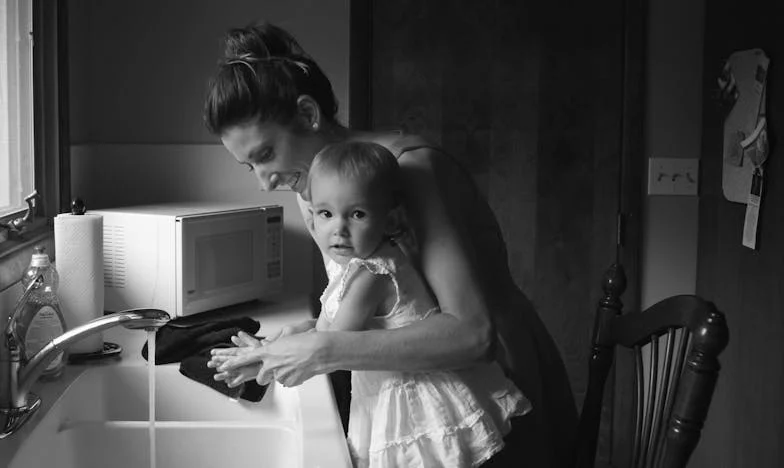“Our Son-in-Law Couldn’t Support Our Daughter. We Helped Them Financially and Even Brought Food, But Received No Gratitude”
Mrs. Avery sat quietly on the porch, her eyes tracing the slow descent of the sun behind the distant hills. It had been another long day without a call or message from her daughter, Violet. Beside her, Mr. Avery sipped his tea, the silence between them a testament to the years of struggle they had faced, not just with life’s usual challenges but with their ongoing efforts to support their daughter and her husband, Nathan.
Violet had always been the center of their world. From the moment she was born, they had poured every ounce of their energy into giving her the best life possible. They weren’t wealthy, but they made do, sacrificing their own comforts to ensure Violet attended a good school and participated in extracurricular activities that would broaden her horizons.
When Violet introduced them to Nathan, they had tried to be optimistic. He was polite and seemed to love Violet deeply, but it quickly became apparent that he struggled with maintaining steady employment. Their worries grew when the couple married soon after college, and financial instability began to shadow their newlywed bliss.
The first few years were rocky. Nathan drifted from job to job, and Violet’s entry-level salary wasn’t enough to cover all their expenses. Reluctantly, Mrs. Avery and her husband stepped in. They paid the couple’s rent on several occasions, covered countless grocery bills, and even took care of the utility payments during the harsher months. Each time, they hoped it would be the last time, that Nathan would finally find his footing and they could step back.
But that day never came. Instead, their relationship with Violet began to strain. Phone calls became less frequent, and visits dwindled to awkward gatherings. Mrs. Avery tried to broach the subject gently, to offer advice and support without overstepping, but Violet’s responses were terse, often tinged with irritation.
“It’s like she resents us,” Mrs. Avery confided to her husband one evening, a hurt look crossing her face. “We’ve only ever wanted to help.”
Mr. Avery nodded, his own disappointment a heavy weight in his chest. “I know, love. But maybe it’s time we let them handle things on their own.”
The decision to step back was painful. They heard through the grapevine of continued struggles, of eviction notices and late bills. It broke Mrs. Avery’s heart, but she held firm, believing tough love might drive Violet and Nathan to take control of their lives.
Months turned into a year, and the distance only grew. On rare occasions when Violet did call, her voice was distant, formal. There was no laughter, no sharing of small daily joys or challenges. Just cold updates and quick goodbyes.
Sitting on the porch, Mrs. Avery felt the tears well up. She missed her daughter terribly, missed the girl who used to chatter endlessly about school and friends. She missed the warmth that had once defined their family.
As the sun finally dipped below the horizon, she wiped her eyes and stood up. “Let’s go inside,” she murmured to her husband, her voice barely a whisper.
Inside, the house was quiet, the silence a stark reminder of the price sometimes paid for trying to do everything right. The Averys had learned a hard lesson about the limits of parental help and the complex cords of gratitude and resentment it could weave into the fabric of family life.
